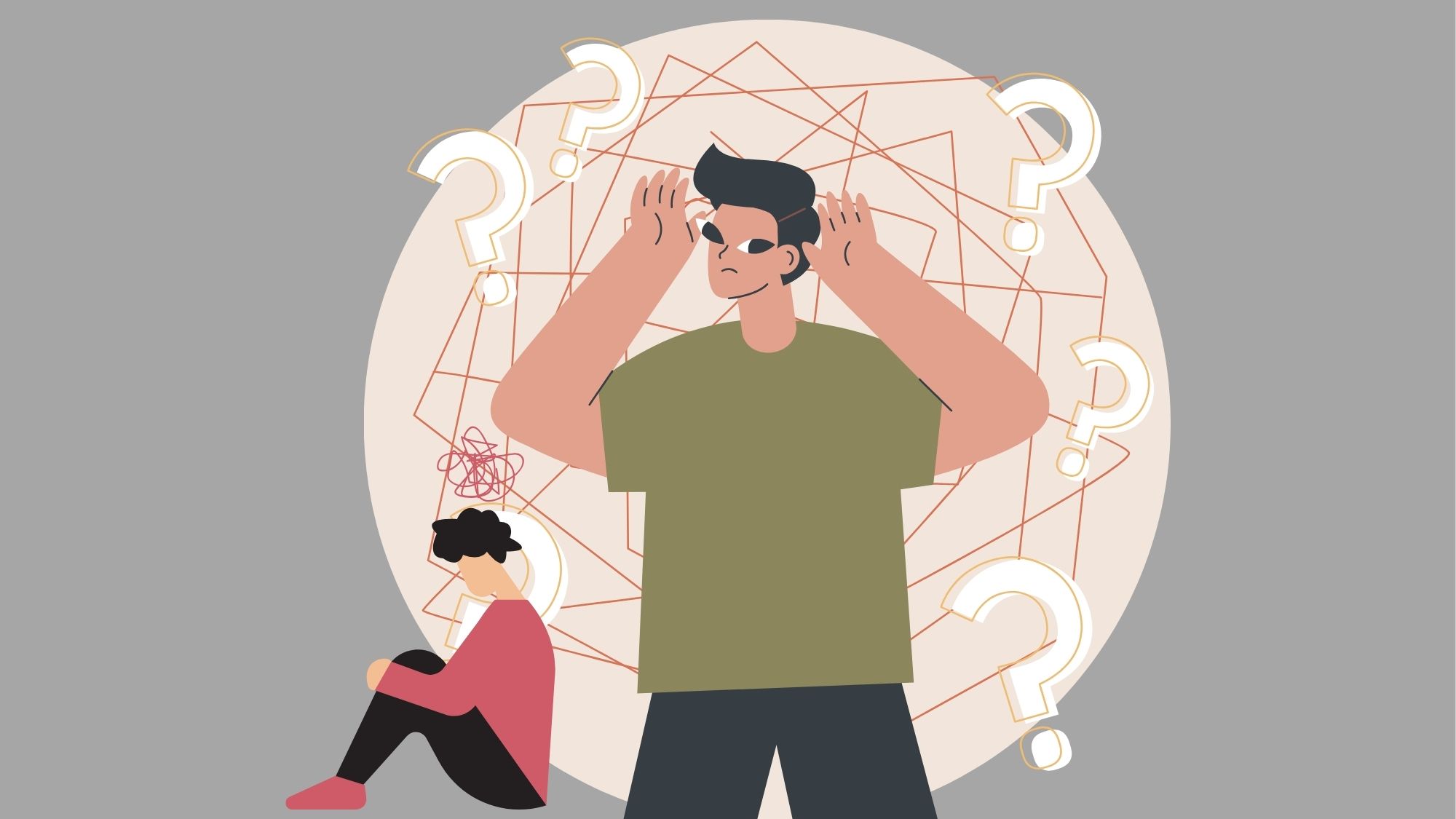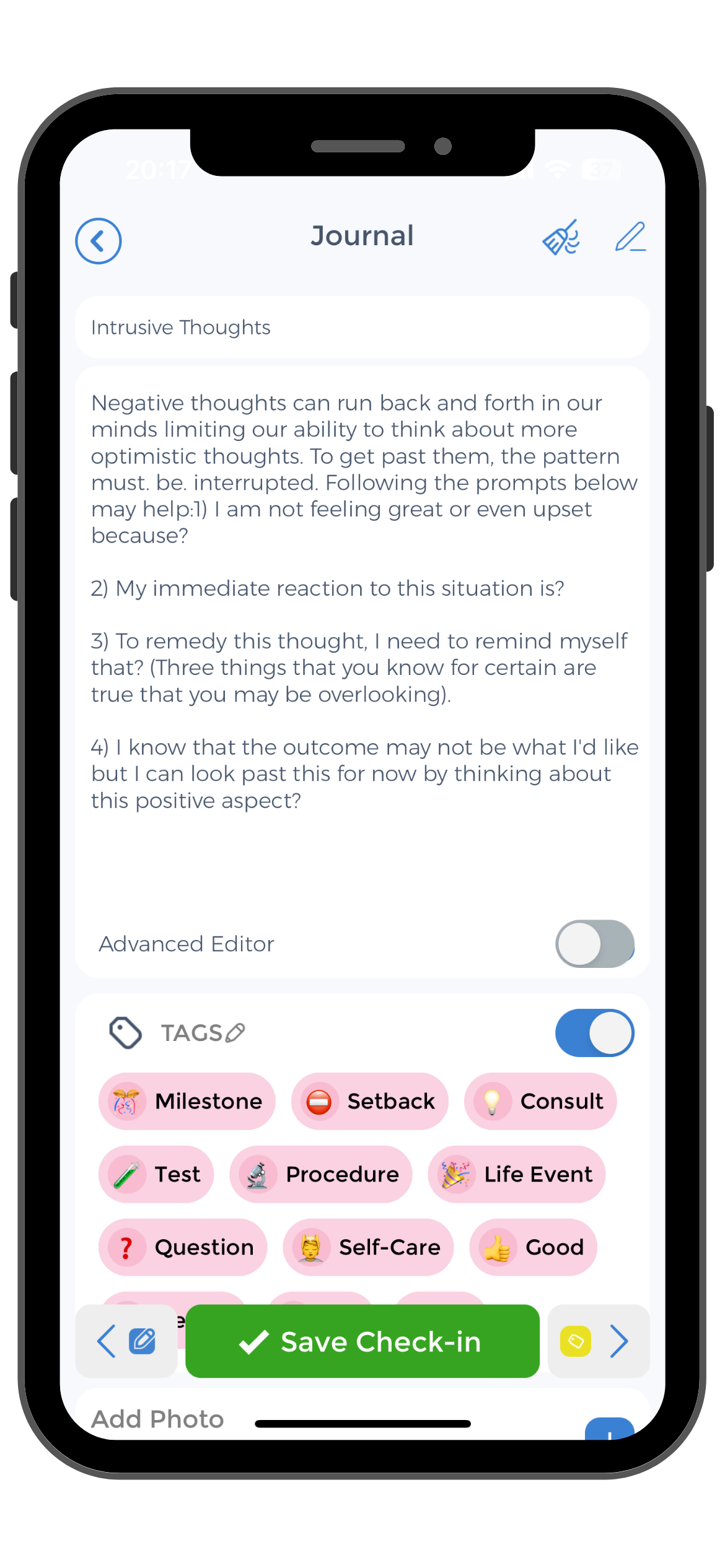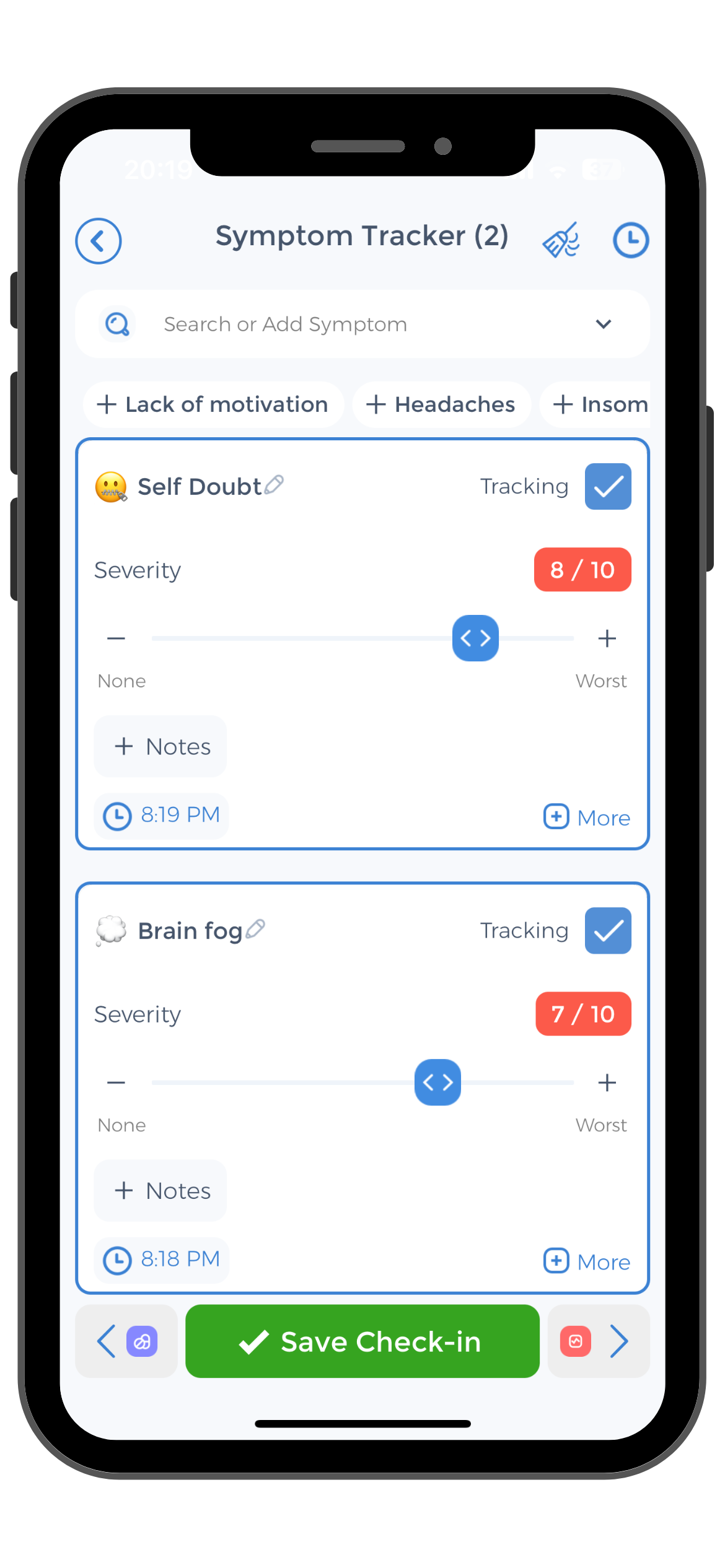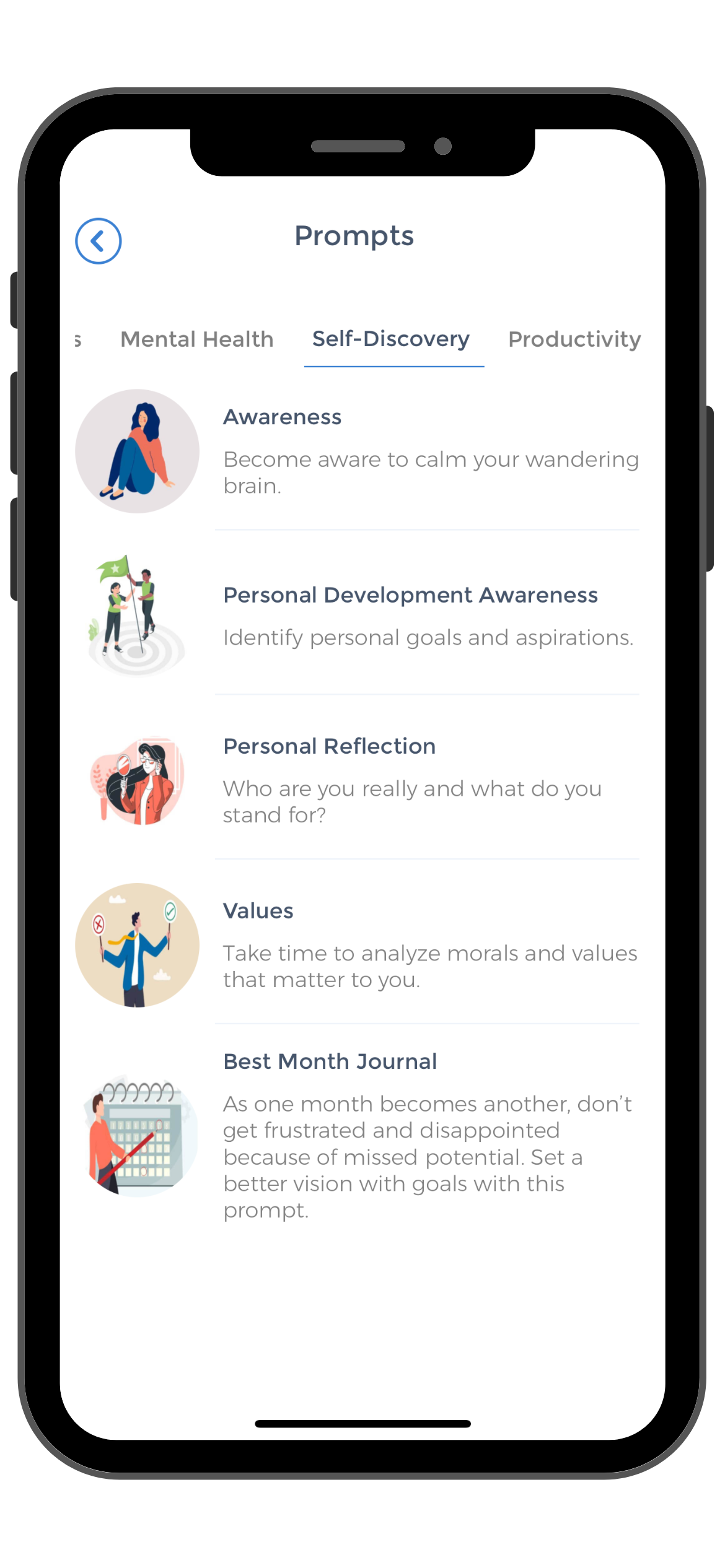
Depression cognitive distortion is a term that refers to the distorted thinking patterns commonly associated with depression. It involves a negative bias in the way individuals interpret and perceive events, situations, and themselves.
By understanding the causes and learning effective coping strategies for depression cognitive distortion, individuals can gain insight into their thinking patterns and take steps towards improving their mental well-being.
Defining Depression Cognitive Distortion
Depression cognitive distortion is characterized by irrational and negative thought patterns that contribute to depressive symptoms and mental illness. These distorted thoughts can impact various aspects of a person’s life. Including their relationships, work, negative feelings and self-perception.
The first step in addressing depression cognitive distortion is recognizing and understanding these patterns.
The Role of Cognitive Distortions in Depression
In depression and mental health problems, cognitive distortions play a significant role in perpetuating negative emotions and maintaining the depressive state and anxiety disorders. These distortions can include black-and-white thinking, overgeneralization, and catastrophizing. For example, someone experiencing depression cognitive distortion may interpret a neutral event as something negative or believe that their failures are indicative of their overall worth.
Common Types of Cognitive Distortions in Depression
Depression cognitive distortions scale can take various forms. Some common types include:
- Mental Filtering: Focusing only on negative aspects while ignoring positive ones.
- Personalization: Assuming responsibility for events or situations that are outside of one’s control.
- Labeling: Using negative labels to describe oneself based on past mistakes or failures.
- Jumping to conclusions: Making negative assumptions without evidence.
- Discounting positives: Minimizing or dismissing positive experiences or achievements.
 It is important to note that cognitive distortions in depression can vary from person to person. While the aforementioned types are common, individuals may also experience other forms of distortion that are unique to their own thought patterns. These distortions can be deeply ingrained and may have developed over time as a result of various factors, such as past experiences, upbringing, or societal influences.
It is important to note that cognitive distortions in depression can vary from person to person. While the aforementioned types are common, individuals may also experience other forms of distortion that are unique to their own thought patterns. These distortions can be deeply ingrained and may have developed over time as a result of various factors, such as past experiences, upbringing, or societal influences.
Furthermore, cognitive distortions can have a profound impact on a person’s daily functioning. They can affect how individuals perceive themselves, others, and the world around them. For instance, someone with depression cognitive distortion may constantly doubt their abilities, feel unworthy of love and support, or view the future as bleak and hopeless.
Addressing and challenging these cognitive distortions is a crucial aspect of treating depression. Therapeutic interventions, such as cognitive-behavioral therapy (CBT), aim to help individuals identify and reframe these distorted thoughts. By learning to recognize and challenge negative thinking patterns, individuals can begin to develop healthier and more realistic perspectives and positive outcomes. Leading to a reduction in depressive symptoms and an improved overall well-being.
The Causes of Depression Cognitive Distortion
Biological Factors: Measuring Cognitive Errors
Biological factors play a significant role in the development of depression cognitive distortion. Genetics, brain chemistry, and hormonal imbalances are all key players in shaping an individual’s susceptibility to distorted thinking patterns. For example, variations in specific genes have been linked to an increased risk of depression, highlighting the genetic component of cognitive distortion.
Furthermore, imbalances in neurotransmitters, such as serotonin and dopamine, can impact mood regulation and cognitive processes, leading to distorted thinking. Hormonal fluctuations, particularly in conditions like thyroid disorders or during menopause, can also contribute to cognitive distortions associated with depression.
Environmental Influences
Environmental factors exert a powerful influence on the development of depression cognitive distortion. Chronic stress, whether stemming from work, relationships, or financial difficulties, can overwhelm coping mechanisms and contribute to distorted thinking patterns. Traumatic events, such as physical or emotional abuse, can deeply impact an individual’s worldview and cognitive processing, fostering a negative outlook.
Moreover, a lack of social support or a sense of isolation can exacerbate cognitive distortions in depression. Human beings are inherently social creatures, and the absence of meaningful connections can amplify feelings of hopelessness and helplessness, fueling distorted thinking further.
Clinical Psychology and Personal Factors
Psychological and personal factors play a crucial role in the development of depression cognitive distortion. Certain personality traits, like perfectionism or pessimism, can create fertile ground for distorted thinking to take root. Individuals with low self-esteem may be more prone to interpreting situations in a negative light, perpetuating cognitive distortions.
Furthermore, past experiences can shape cognitive patterns in profound ways. Childhood trauma, whether emotional, physical, mental health issues, or sexual, can leave lasting imprints on one’s psyche, influencing how one perceives themselves and the world around them. A history of abuse, neglect, or dysfunctional relationships can also contribute to the formation of distorted and irrational patterns of thinking in depression.
The Impact of Cognitive Distortions on Daily Life
Effects on Relationships
Cognitive distortions can significantly impact relationships. Negative thinking patterns can lead to misunderstandings, conflicts, and strained interactions with loved ones. It is important to be mindful of these patterns and their potential impact on personal connections.
Moreover, cognitive distortions can create barriers to effective communication in relationships. When individuals engage in black-and-white thinking or catastrophize situations, it can be challenging to see the other person’s perspective or find common ground. This can result in a breakdown of trust and intimacy, making it crucial to address and work through these distortions for healthier relationships.
Impact on Work and Productivity
 Depression cognitive distortion can also affect work performance and productivity. Negative self-perception and feelings of hopelessness can undermine motivation and focus, leading to decreased efficiency and job satisfaction. Recognizing and challenging these distorted thoughts can help individuals regain control over their work life.
Depression cognitive distortion can also affect work performance and productivity. Negative self-perception and feelings of hopelessness can undermine motivation and focus, leading to decreased efficiency and job satisfaction. Recognizing and challenging these distorted thoughts can help individuals regain control over their work life.
Furthermore, cognitive distortions in the workplace can impact not only individual performance but also team dynamics. When one team member consistently engages in overgeneralization or mind-reading, it can create tension and hinder collaboration. Addressing these distortions through open communication and cognitive-behavioral techniques can foster a more positive and productive work environment.
In addition, cognitive distortions may also influence decision-making processes within the workplace. Individuals prone to catastrophizing or personalization may struggle to objectively evaluate situations, leading to poor choices and ineffective problem-solving. Moreover, these distortions can exacerbate conflicts among team members, as misinterpretations and exaggerated perceptions fuel misunderstandings. By promoting awareness and providing tools for cognitive restructuring, organizations can mitigate the detrimental effects of cognitive distortions, fostering a culture of resilience, adaptability, and cooperation.
Influence on Self-Perception
One of the most significant impacts of depression cognitive distortion is on self-perception. Distorted thinking can lead individuals to have a negative view of themselves, their abilities, and their worth. This can further perpetuate feelings of sadness, low self-esteem, and a lack of confidence.
Moreover, cognitive distortions can also affect decision-making and goal-setting, as individuals may underestimate their capabilities or avoid challenges due to distorted beliefs about their competence. By challenging these negative thought patterns and seeking support from mental health professionals, individuals can begin to cultivate a more realistic and positive self-perception, enhancing their overall well-being and quality of life.
Coping Strategies for Depression Cognitive Distortion
Cognitive Behavioral Therapy (CBT)
Cognitive Behavioral Therapy (CBT) is a widely recognized and effective treatment for depression cognitive distortion. Cognitive therapy aims to help individuals identify and challenge negative thinking patterns and replace them with more realistic and positive thoughts. It is often delivered by trained professionals but can also be practiced independently using self-help resources.
Mindfulness and Meditation
Mindfulness and meditation techniques can be valuable tools in managing depression cognitive distortion. By practicing mindfulness, individuals can become more aware of their thoughts and learn to observe and accept them without judgment. This can help break the cycle of negative thinking and foster a sense of clarity and emotional well-being.
Lifestyle Changes and Self-Care
 Engaging in self-care activities and making positive lifestyle changes can also support the management of depression cognitive distortion. This can include prioritizing regular exercise, maintaining a balanced diet, getting enough sleep, and engaging in activities that bring joy and relaxation.
Engaging in self-care activities and making positive lifestyle changes can also support the management of depression cognitive distortion. This can include prioritizing regular exercise, maintaining a balanced diet, getting enough sleep, and engaging in activities that bring joy and relaxation.
It is important to note that self-care is not just about pampering oneself; it is about taking deliberate actions to nurture one’s physical, mental, and emotional well-being. This can involve setting boundaries, practicing self-compassion, and seeking support from loved ones. By incorporating these practices into one’s daily routine, individuals can create a solid foundation for managing depression cognitive distortion and promoting overall wellness.
Additionally, utilizing resources like the CareClinic App can provide additional support in self-care management. The app offers features such as mood tracking, medication reminders, and personalized care plans. By incorporating these tools into one’s daily routine, individuals can enhance their self-care practices and monitor their progress towards improved mental well-being.
Utilizing Resources for Support
Moreover, it is important to recognize that everyone’s journey towards managing depression cognitive distortion is unique. What works for one person may not work for another. Therefore, it is crucial to approach the process with patience and an open mind. It may take time to find the coping strategies that resonate with you and bring about positive change.
Embracing Personalized Approaches
Understanding the causes and coping strategies for depression cognitive distortion is an essential step towards improving mental well-being. By recognizing the role of cognitive distortions, individuals can work towards challenging negative thinking patterns and adopting healthier perspectives. With various techniques such as cognitive-behavioral therapy, mindfulness, and lifestyle changes, individuals can take proactive steps in managing depression cognitive distortion and regaining control over their lives.
Embracing self-care and utilizing resources like the CareClinic App can further support individuals in their journey towards improved mental health. Remember, seeking professional help is always recommended when dealing with depression or any mental health concern.
Use the CareClinic App to Track Mental Health and Emotional Reasoning
Take control of your mental health journey with the CareClinic App, a comprehensive tool designed to help manage and change cognitive distortions effectively. By tracking your mood, identifying patterns, and monitoring the effectiveness of various coping strategies, the app enables you to gain a clearer understanding of your mental health landscape.
The personalized care plans and medication reminders ensure that you stay on track with your treatment goals, while the mood tracking feature provides valuable insights into the relationship between your activities and emotional well-being.
Download the CareClinic App Today
With the CareClinic App, you can expect a user-friendly platform that supports your efforts to challenge negative thinking patterns and reinforce positive changes. Utilize the app to set reminders for mindfulness exercises, log dietary habits, and record sleep patterns, all of which contribute to a holistic approach to managing clinical depression and all or nothing thinking.
By integrating these features into your daily routine, you’re taking a proactive step towards improved health outcomes. Don’t wait to start making progress—Install App today and embark on a path to better mental wellness.



